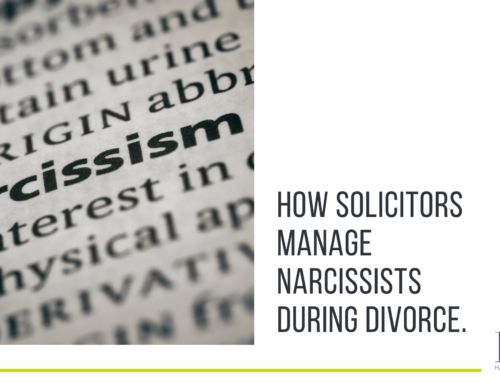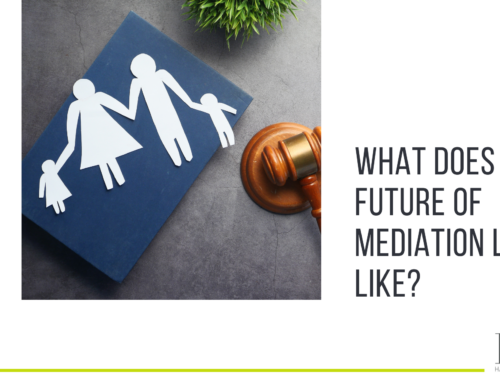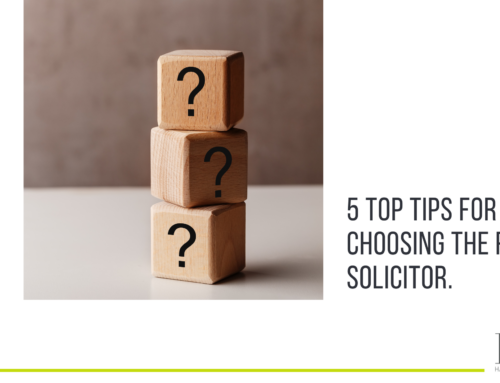If you’re living with a narcissistic partner, there’s a good chance that at some point, you’ve enabled their negative behaviours. One thing to note about narcissists, they thrive when they’re surrounded by enablers, especially if that enabler is a spouse or partner.
So how do you know if this applies to you? It can sometimes be difficult to recognise if it does or not. This week we’re highlighting some of the common ways in which you might be enabling your narcissistic spouse, without even knowing it. So, ask yourself the following questions.
Do you stand up for yourself?
If you disagree or argue with your narcissistic partner, rest assured that they’ll find ways to blame you for the problem. Whether it’s criticising your behaviour or making general derogatory remarks about your character, a narcissist can make a very convincing case against you.
This can cause you to doubt your own sense of self-worth, and lead you to believe that you deserve the abuse. If you’re not standing up for yourself, you could be inadvertently enabling your narcissistic partner.
Do you blame others for their behaviour?
Just as you may blame yourself, you may blame others for your partners behaviour as well. You might find that you’re making excuses for your narcissistic partner, and agreeing with them when they blame others for the things that go wrong in their life. As we mentioned in one of our previous blogs, narcissists always play the victim, and it’s this that can cause you to see others as villains in their story.
Perhaps they use other people’s mistreatment of them as a justification for their mistreatment of you, or to make you feel guilty. If you find yourself encouraging this line of thinking and starting to blame others for your partner’s behaviour too, this only makes it easier for them to continue their victim-hero narrative.
Do you question their version of reality?
A narcissist will have a distorted version of reality. From the way they see themselves to the way they see other people, how they perceive reality will be based on their grandiose sense of self and their need for validation and attention. They may lie about their own behaviours and experiences, or lie about the behaviour and experiences of others if it supports their end-goal: to be the most important person wherever they are.
If you’re accepting their version of reality without question, despite the fact that there are obvious contradictions or flaws in their point of view, you could be enabling their narcissistic behaviour.
Do you lie or make excuses for them?
If you’re blaming yourself or others for your partner’s behaviour, it follows that you’ll lie or make excuses for them due to guilt or pity.
If your friends and family are beginning to question the behaviour of your narcissistic spouse, and you respond defensively, or even dishonestly, this is a key sign that you’re enabling them.
Do you apologise on their behalf?
Alternatively, you may recognise that their behaviour is wrong, but you take on the responsibility for apologising on their behalf. For example, if your partner is rude at a social gathering, or doesn’t turn up to the places they need to be, you may apologise for them, because you know that they won’t apologise themselves.
This is classic enabling. Apologising isn’t easy, and a narcissist will happily let you do the hard work for them. If they don’t have to apologise, they don’t have to recognise that they’ve done anything wrong. Ultimately, this makes it OK for them to continue to behave in this way in the future.
If any of the above is feeling just a little too familiar, it’s important not to blame yourself. The nature of a narcissistic relationship is manipulative at the core. A narcissist uses insecurity and guilt to influence enablers and excuse their own behaviour. Just recognising the signs talked about in this blog is a great first step.
If you’re struggling with a narcissistic spouse, Harrogate Family Law can help. Give us a call today if you want an expert legal team to guide you through your journey to a brighter future.






